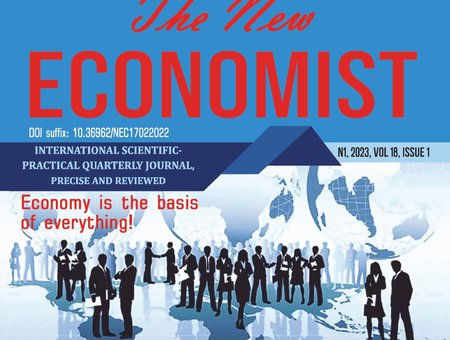The theory of trauma has been one of the current approaches in scientific discourse since the 90s of the 20th century, the foundation for its study was laid in the American humanities and social sciences, which later became the subject of study by researchers in various fields and profiles.
Rising tide of interest towards collective trauma or traumatic memory was conditioned by wars or difficult post-conflict psychological status of people, who had to deal with both trauma-containing memories and struggle against them.
It should be noted, that the paradigms defining collective trauma have been determinative in the Georgian media since the 1990s, which was related to the dissolution of the Soviet Union on the one hand, and the difficult political or social situation caused by the events of April 9, Georgian-Abkhazian and Georgian-Ossetian conflicts and civil war.
Here we also would like to note that the Georgian media has become a source of inspiration for those creators, in the literary narrative of which so-called war literature was formed and acquired different perspectives.
At this stage, the subject of our interest is to comprehend the Georgian media space in the context of theories of traumatic memory, we will focus on the material of the 90s, which presents the narrative of the Georgian-Abkhazian conflict, also on the modern discourse of the Russian-Ukrainian war, which will allow us to study by the method of comparative analysis and determine, how the concepts of collective trauma are reflected in the media space.



